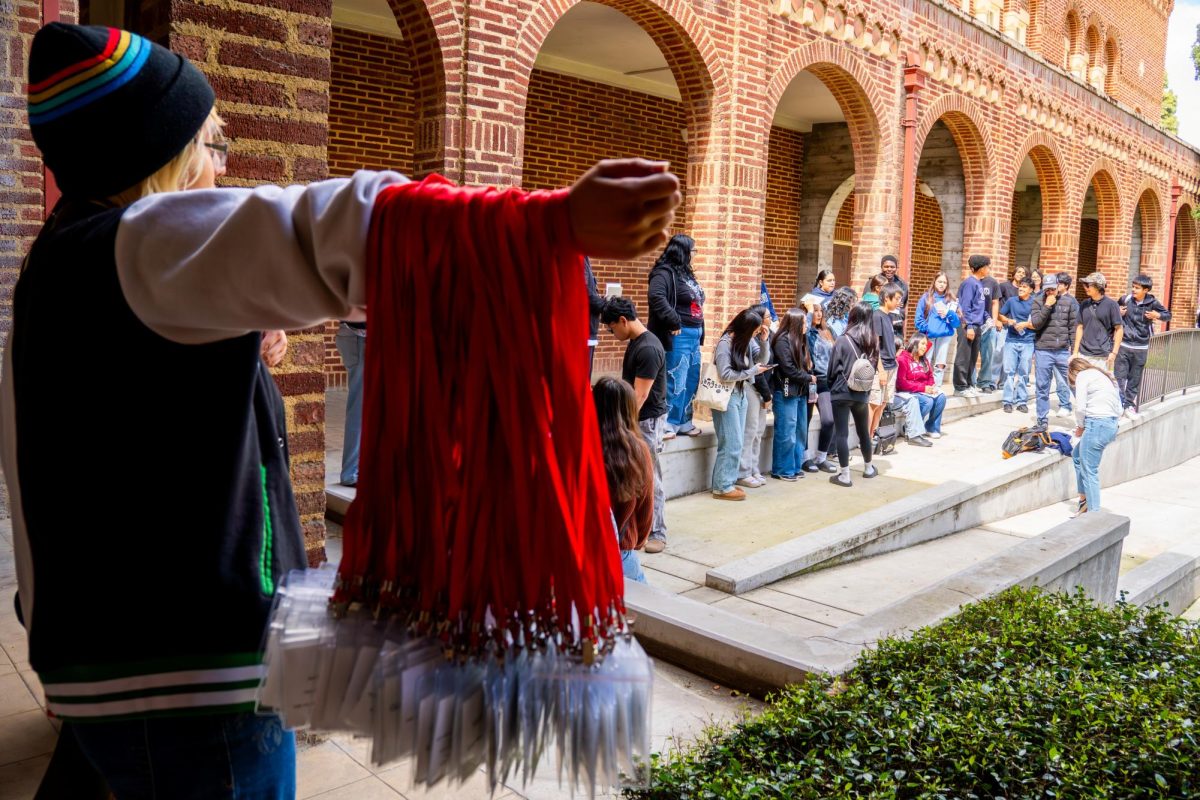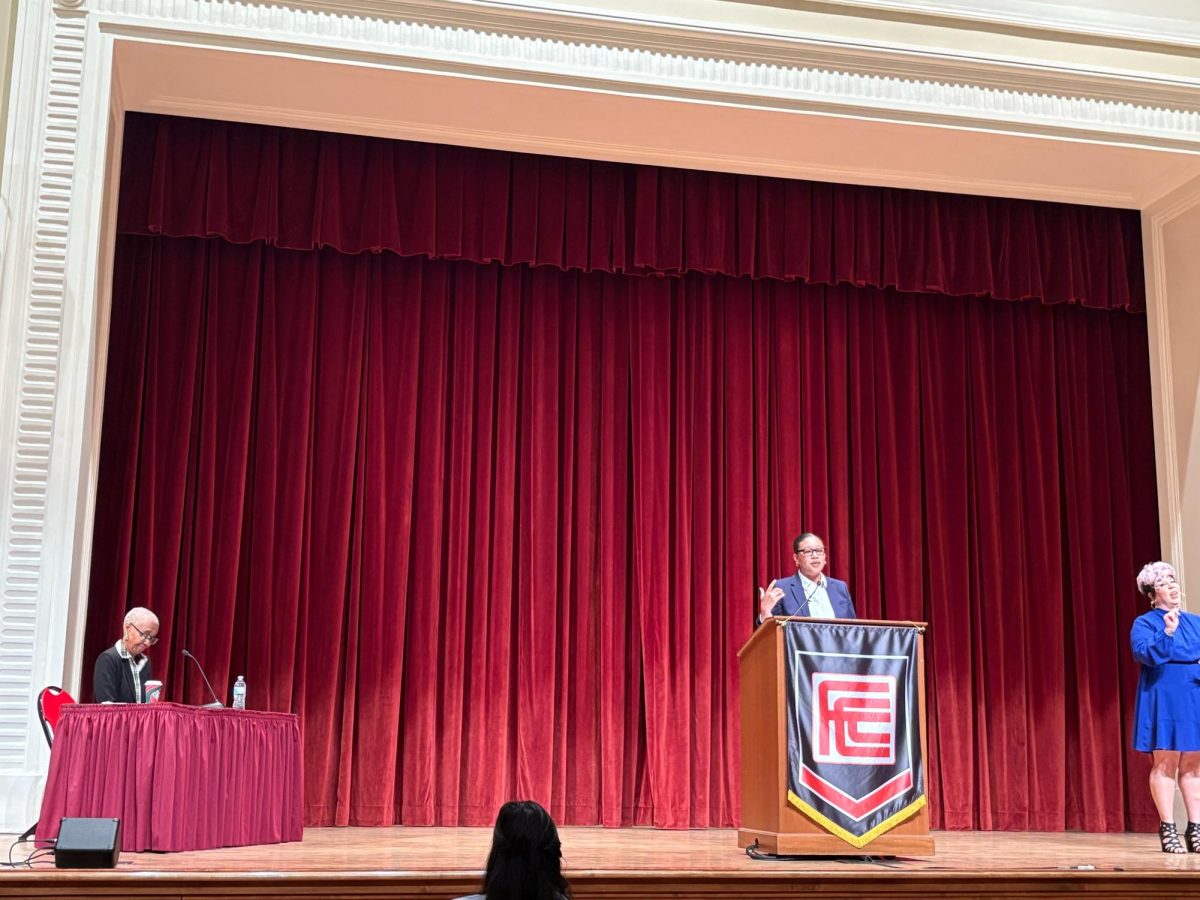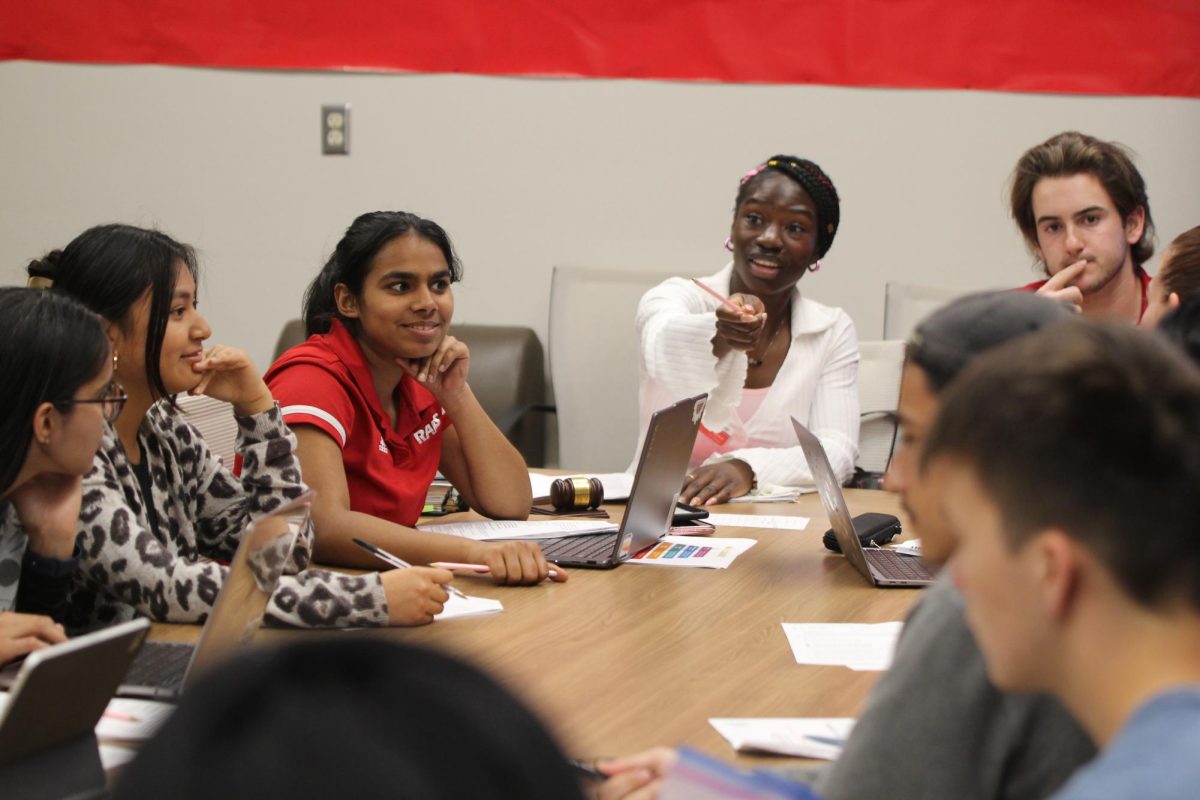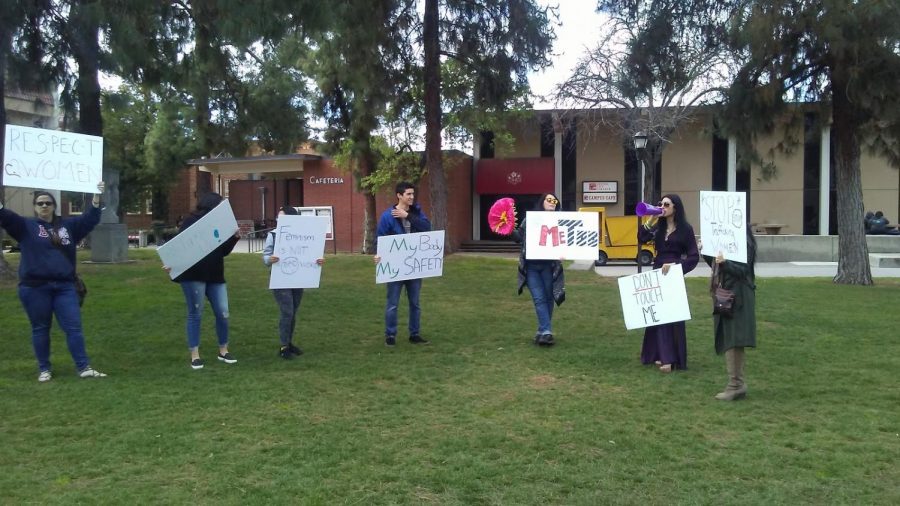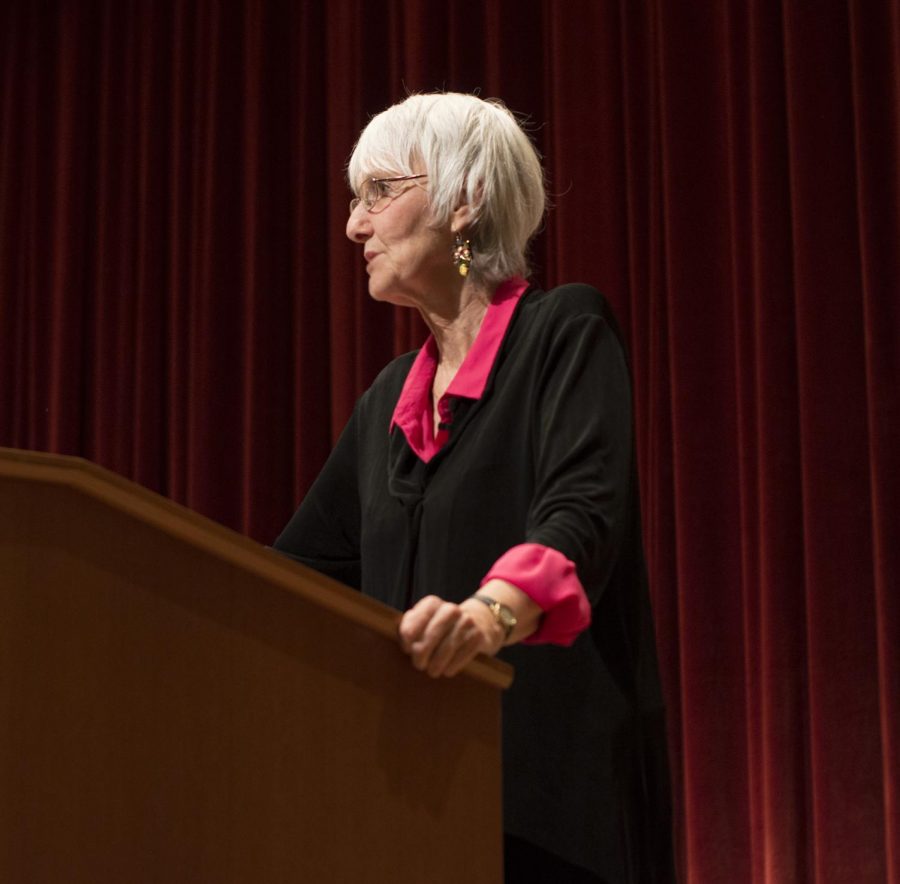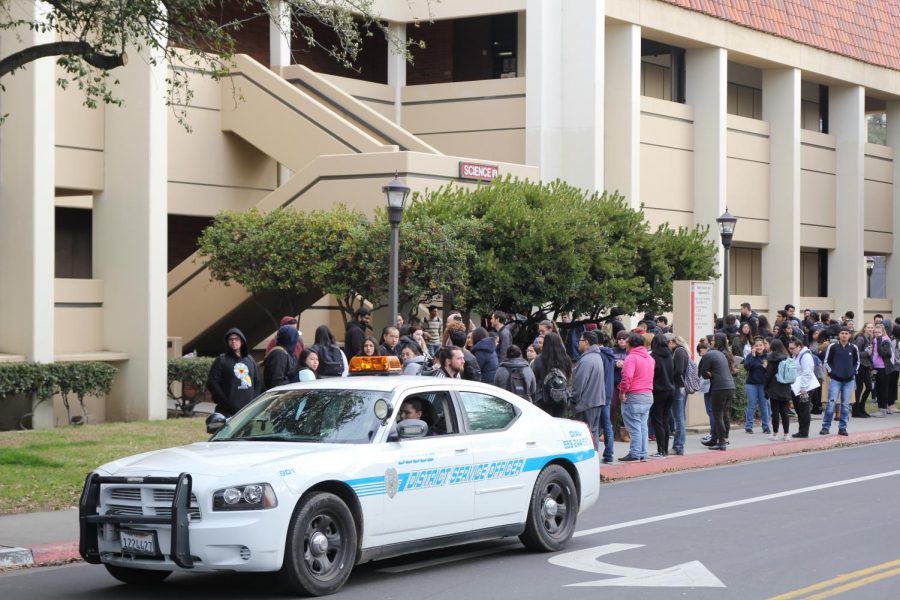In Oct. 2005, an accrediting team found three major deficiencies at Fresno City College; since then FCC has worked hard to correct these problems in order to meet the standards for the ongoing 2011 Accreditation.
The warnings that the college received in 2006 were for not meeting select standards set by the Accrediting Commission for Community and Junior Colleges of the Western Association of Schools and Colleges (ACCJC), the recognized institutional accrediting body.
Specifically, the 2006 accreditation report shows that the warnings were directed at three main areas — Participatory Governance, Program Review, and Library Resources.
According to information on the ACCJC website, the accredited status of a college continues during a warning period but is not reaffirmed until the conditions which warranted the warning are resolved.
FCC was required to submit a follow-up report, and had a two-year period to correct the deficiencies. Failure to correct the deficiencies noted under the recommendations and meet the standards could result in the commission terminating accreditation for the college.
“The last accreditation brought a lot of change that needed to happen,” said Claudia Habib, president of the academic senate. Questions remain whether the college has done enough to prevent the problems it had in its last accreditation cycle.
In its first recommendation following the 2005 accreditation, ACCJC required that FCC’s leaders to ensure that all constituent groups, including the ASG and Academic Senate, participate in planning and decision making of the college by applying a participatory governance process.
“It’s a challenge with communication; it’s very hard sometimes. It takes everyone to agree and participate,” said academic senate president, Claudia Habib, who has been active in the academic senate in the last three years.
It is a challenge that FCC has tried to overcome by creating the College Governance Council which was approved in March of 2008. The governing council then developed a College Governance Handbook which all constituent groups approved in May 2010. The handbook explicitly states that the council is responsible for reviewing and ensuring maintenance of the shared governance process.
“Although there is still room for growth, it [participatory governance] is one area that has made a lot of progress,” said Habib. The participatory governance model now in place at FCC meets the requirements of the commission and is expected to guide the college’s planning efforts.
The second recommendation required that the college develop and implement a workable systematic program review model that is able to incorporate consideration of the college’s financial resources and embraced by all college constituents.
In response to the second recommendation, in 2009, the college approved a revised operating agreement for the Program Review Committee, and the occupational program review was established as part of the college’s program review process. Increased emphasis was placed on curriculum, assessment, outcomes and the analysis of supporting data through a revision of the instructional program review template.
“We are a big group trying to learn. We’re all involved, and we are taking the steps in the right direction,” said Habib, about the committees’ need to adequately implement these fresh processes.
The program review process is now constantly being evaluated through surveys of participants. Looking ahead, FCC plans on using survey data to assess the effectiveness of the program review process.
The third recommendation of the accrediting body required the library faculty to review and revise the collection development policy of the library.
According to the 2011 Self Study report, “The team strongly recommends that the college remedy the serious deficiencies in the currency, quality and depth of the library’s materials collections as recommended by the previous team.”
The recommendation prompted the college to make a significant commitment in financial resources in order to reverse the library’s book collection deficiencies. The library faculty made an analysis of collection levels by Dewey subject area, which is now a guide for acquisitions, ensuring all materials are purchased specifically to meet curricula needs. The faculty also analyzed which specific subject areas of the collection needed to be updated the most. This ongoing analysis is carried over each year to adjust the collection as needed.
According to the 2011 Self Study report, “The library has made significant progress in addressing the recommendation of the visiting team.” To increase the number of print holdings per student, FCC aimed for a goal of increase by an average of at least 3,000 titles a year, a goal that has already been exceeded by an average of 3,658 titles over the past five years. The e-book collection was also expanded by about 2,000 additions to the collection.
“Since the last accreditation, the College has invested over $881,000 to acquire materials that expand the depth, breadth, and currency of the collection. The College has also provided over $236,000 for electronic resources,” according to the self study report.
The self study also provided detailed description of the library’s holding as of July 31, 2010 — 81,887 circulating print volumes, 28,357 e-book volumes, 13,556 non-circulating volumes (law and reference), and 954 bound periodical volumes. Additionally, The Library currently subscribes to 133 print periodical titles, and its media collection includes 6,096 video and DVD items, 502 audiobook items, 798 music compact disks and 66 microfiche titles.
In the follow-up visit after the warning, the accreditation team found that Fresno City College had remediated the areas it was found wanting and lifted the warning. District and college leaders are upbeat and optimistic about the college’s prospects.
“Overall, I think it’s positive,” Habib said. “Even though we got a warning, it made us look at areas we needed to work on… processes that didn’t exist before.”
Categories:
FCC’s Changes Since Last Review
Story By: Karina Ornelas, Rampage Reporter
October 19, 2011
Story continues below advertisement
0
More to Discover



